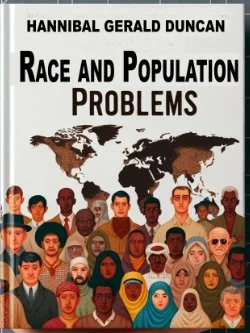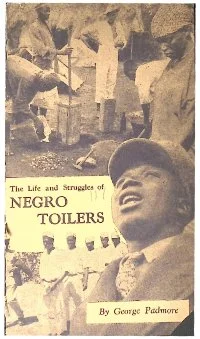By Hannibal Gerald Duncan (Author), Colin Heston (Preface) Format: Kindle Edition
Race and Population Problems by Hannibal Gerald Duncan is a product of its era—an ambitious, controversial, and often troubling contribution to the early 20th-century debates surrounding race, eugenics, and the sociopolitical implications of demographic change. Published during a time of intense anxiety over immigration, fertility rates, and racial hierarchy, Duncan’s work must be approached with both critical detachment and historical awareness. This preface aims to contextualize his arguments, dissect the theoretical frameworks he employs, and consider the legacy—both intellectual and political—of the ideas he advances.
The book appeared in the interwar period, when Western nations were grappling with the aftermath of World War I, economic uncertainty, and what many perceived as the unraveling of long-standing social and racial orders. In the United States, anxieties about immigration—particularly from Southern and Eastern Europe—converged with pseudo-scientific theories of race and heredity. The eugenics movement, bolstered by the popularity of Darwinian and Mendelian thought, provided an ideological framework for addressing what were seen as "population problems"—namely, the declining birth rates among "Nordic" peoples, the increasing fecundity of supposedly inferior groups, and the racial mixing that challenged white supremacist conceptions of national identity.
Duncan’s work fits squarely within this intellectual climate. It draws from the racial typologies common in early anthropological and sociological literature, and, like many of his contemporaries, he sees population dynamics not merely as matters of biology or demography but as fundamental determinants of national strength, cultural cohesion, and civilizational vitality.
At its core, Race and Population Problems is driven by a deterministic view of race, wherein biological heredity dictates intelligence, morality, productivity, and political capacity. Duncan frequently invokes the "biological law" to argue for the inherent superiority of certain races—usually Northern Europeans—and the degenerative consequences of racial intermixture. His demographic analysis is not neutral; it is laced with prescriptive anxieties about the dilution of white racial stock and the ascendancy of "undesirable" populations.
Modern readers must engage with Duncan’s work not as a valid scientific text but as a document of racial ideology—one that had real-world consequences. Books like Race and Population Problems helped lay the intellectual groundwork for discriminatory immigration laws (such as the Immigration Act of 1924), involuntary sterilization programs, and broader policies of racial exclusion. While Duncan’s tone is often measured, the policies he advocates are extreme and deeply coercive.
His use of "science" is selective and tendentious, relying on cherry-picked data, discredited anthropological categories, and assumptions about heredity and culture that are no longer tenable. The book is less a demographic study than a polemic—albeit a polished and sophisticated one—aimed at preserving white racial dominance.
Despite its overt racism and flawed methodology, Race and Population Problems provides an important window into the ways race, science, and nationalism converged in early 20th-century thought. Understanding Duncan’s arguments helps us trace the genealogy of contemporary racial and anti-immigrant ideologies, many of which still echo his concerns about national identity, cultural dilution, and the supposed threat of demographic change. It also serves as a cautionary tale about the misuse of science for ideological ends..
This edition has been designed, abridged awith an inroduction by renowned novelist and story writer Colin Heston .
Read-Me.Org Inc. New York-Philadelphia-Australia. 2025. 286p.







